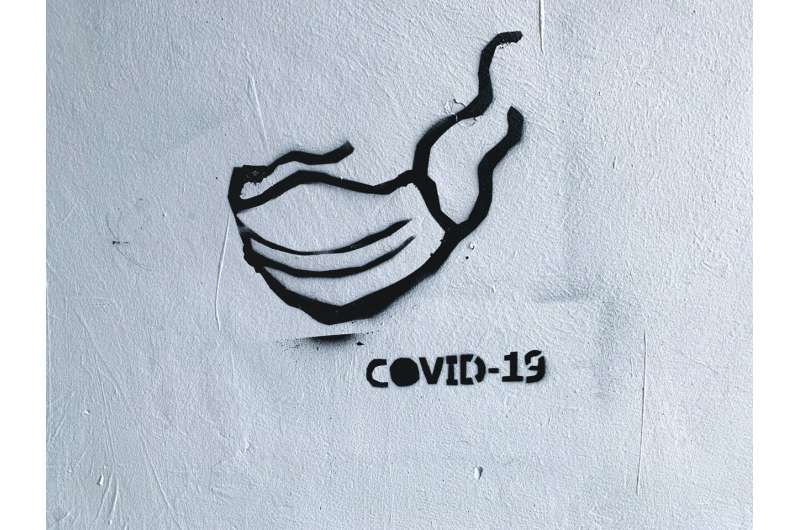erectile dysfunction consultation

Trust in the scientific research community is the best predictor of a person’s compliance with public health measures intended to prevent COVID-19, according to a study from The University of Alabama.
Examining survey responses from more than 14,000 people across 35 countries, trust in the scientific research community stood out as the best predictor of vaccine intent and compliance with other measures such as face coverings, allegra hess schaumburg il according to a recently published paper in Epidemiology & Infection.
The findings suggest promoting trust in science through science education and communication is likely necessary to address social divisions over the COVID-19 public health guidelines, said Dr. Hyemin Han, UA associate professor of educational psychology who conducted the analysis.
“I explored diverse types of trust in a data-driven manner to understand which type of trust plays the most central role in prediction,” he said. “The analyzed dataset was collected from diverse countries, so findings may provide useful insights regarding this matter from the global perspective.”
Using a publicly available dataset, Han looked at trust in seven agents involved with development, implementation and enforcement of preventive measures against COVID-19 ranging from law enforcement to the World Health Organization to the health care system. Using data-driven analysis methods that enabled exploration of the connectivity among the survey responses from participants on their trust in the agents and their compliance with different public health measures, Han created network and regression models to see how agent trust and preventive measure compliance associated with each other.
“Unlike the majority of the previous studies that focused on associations between individual factors, I examined which trust plays the most central role in prediction in the whole picture,” Han said.
Whether it is pharmaceutical measures such as vaccines or non-pharmaceutical measures such as masking and distancing, trust in the community of mainstream scientific research is fundamental, the study showed.
“If people do not have robust trust in scientific research regarding COVID-19, then they are unlikely to abide by preventive measures implemented by governments and health-related organizations,” Han said. “If researchers and policymakers are interested in promoting people’s compliance with preventive measures, which are suggested and supported by scientific research, they need to consider how to promote people’s trust in scientific research and scientists.”
Han suggests improvements in science education and science communication are needed to strengthen trust in robust research and the scientists who perform that work.
Source: Read Full Article
